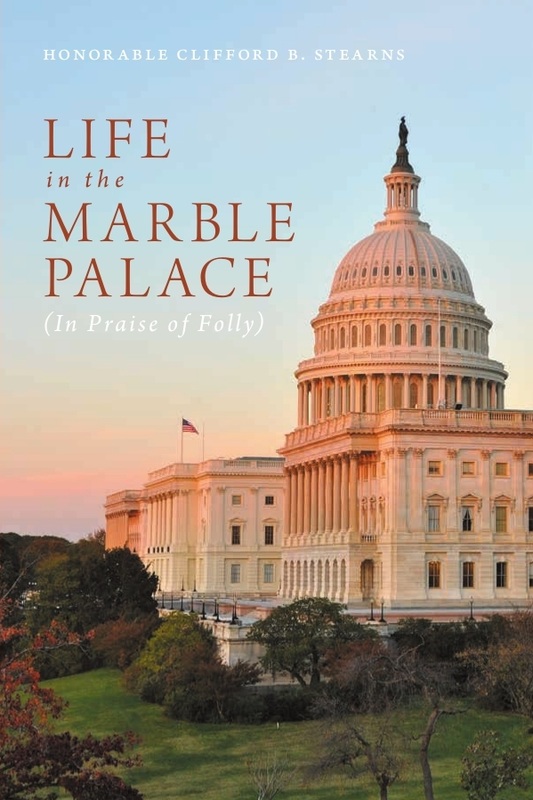What readers are saying about Life in the Marble Palace...Interesting, informative, insights reference to the United States Congress and its issues and dynamics. Once started, I could not put it down and I read it all of the way through. To paraphrase the old saying: "Politics is like sausage, you don't want to see it made." Life in the Marble Palace is a wonderful book about how things really work in Congress. I am a strong advocate for teaching more Civics - basic government. This book tells of Cliff Stearns's gargantuan efforts over a twenty-four year period of service in the U.S. House of Representatives. In particular, I was impressed with Congressman Stearns's description of how as a committee chairman he had to raise a certain amount of dollars for the party to keep the chairmanship. I had an identical experience when I was chairman of the Senate Science, Commerce, and Transportation Committee. Cliff Stearns is leading an effort among the reformers to try and get campaign spending under control. His book is the only place I have read a clear description of how raising money has become a way of getting chairmanships on committees and subcommittees. It is certainly also true in the U.S. Senate. As a former 24-year Member of Congress, Cliff Stearns provides an intriguing look into our legislative branch, especially the House of Representatives. In a series of essays, Stearns takes us into the the U.S. Capitol and congressional offices and gives the reader his unique insight of how the process works – the fundraising, casting votes, balancing the elected officials’ values and experiences with those of the constituents. Good description of the "swamp" by former Congressman Stearns. If you think Life in the Marble Palace is just another typical memoir by a former Life in the Marble Palace is a surprise. It's hard to find a Congressional memoir whose work and author, facing the "dirty devices of the world"... still retain that quintessential American characteristic: optimism. Cliff Stearns' Life in the Marble Palace is a real eye-opener. He had me on page 9 with: "Is there divine punishment for an individual or nation that does not obey God's laws, universal laws, Kant's laws and / or natural law?" What lingers for the reader is his view that "an overriding issue for our nation and its historical destiny is that no democracy and / or republic has lasted more that 240 years. For us to survive, our country must be restored." He lays out a convincing argument with the courage it takes to see things for what they are. |
READER REVIEWS"This work delivers a thoughtful appraisal of American democracy and an edifying peek into the corridors of political power. An assemblage of admirably forthcoming first-person essays about the practice of American legislation." "This congressional exposé contains much hard-won wisdom and heartfelt critique, and should be read by every concerned citizen. |


